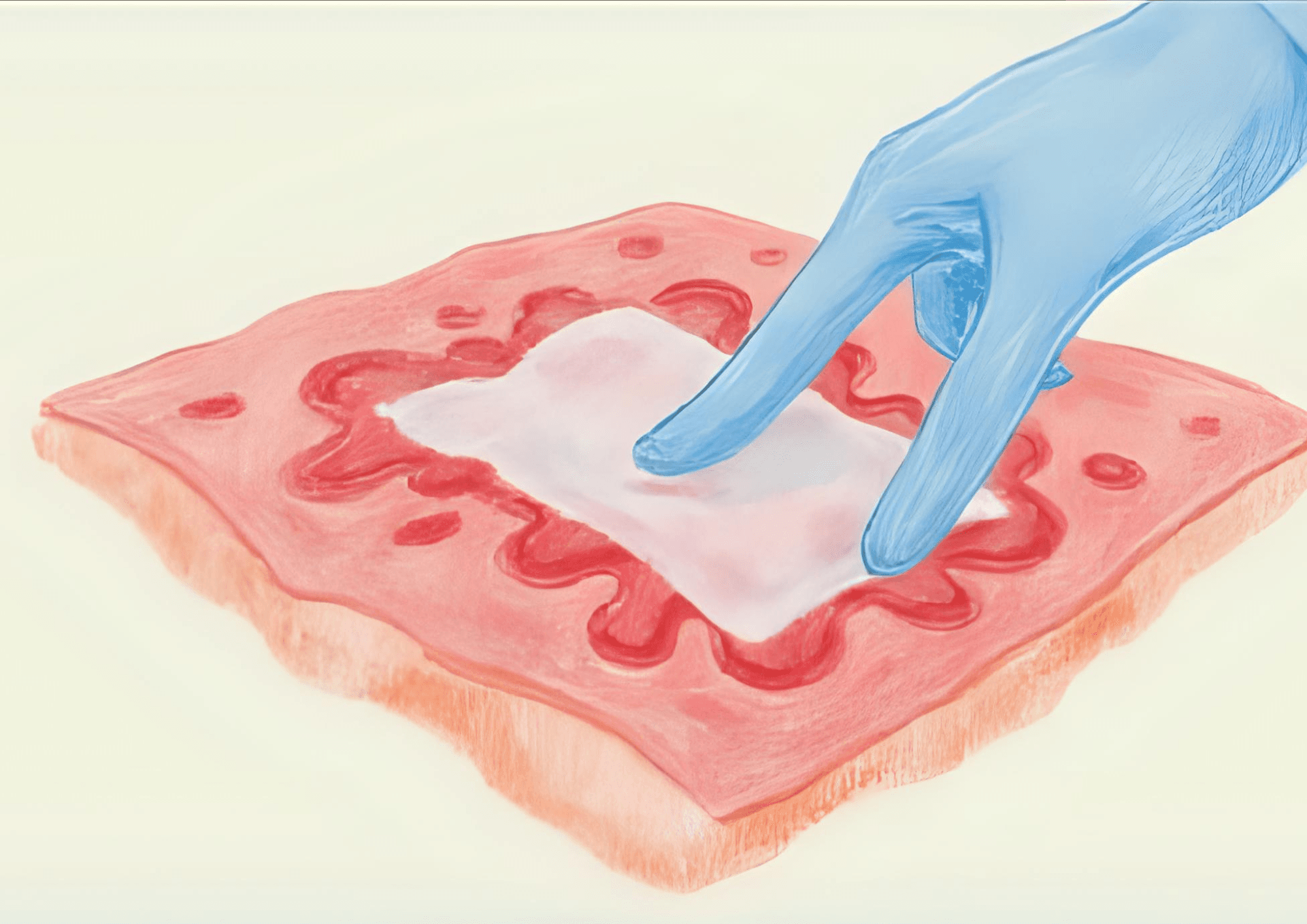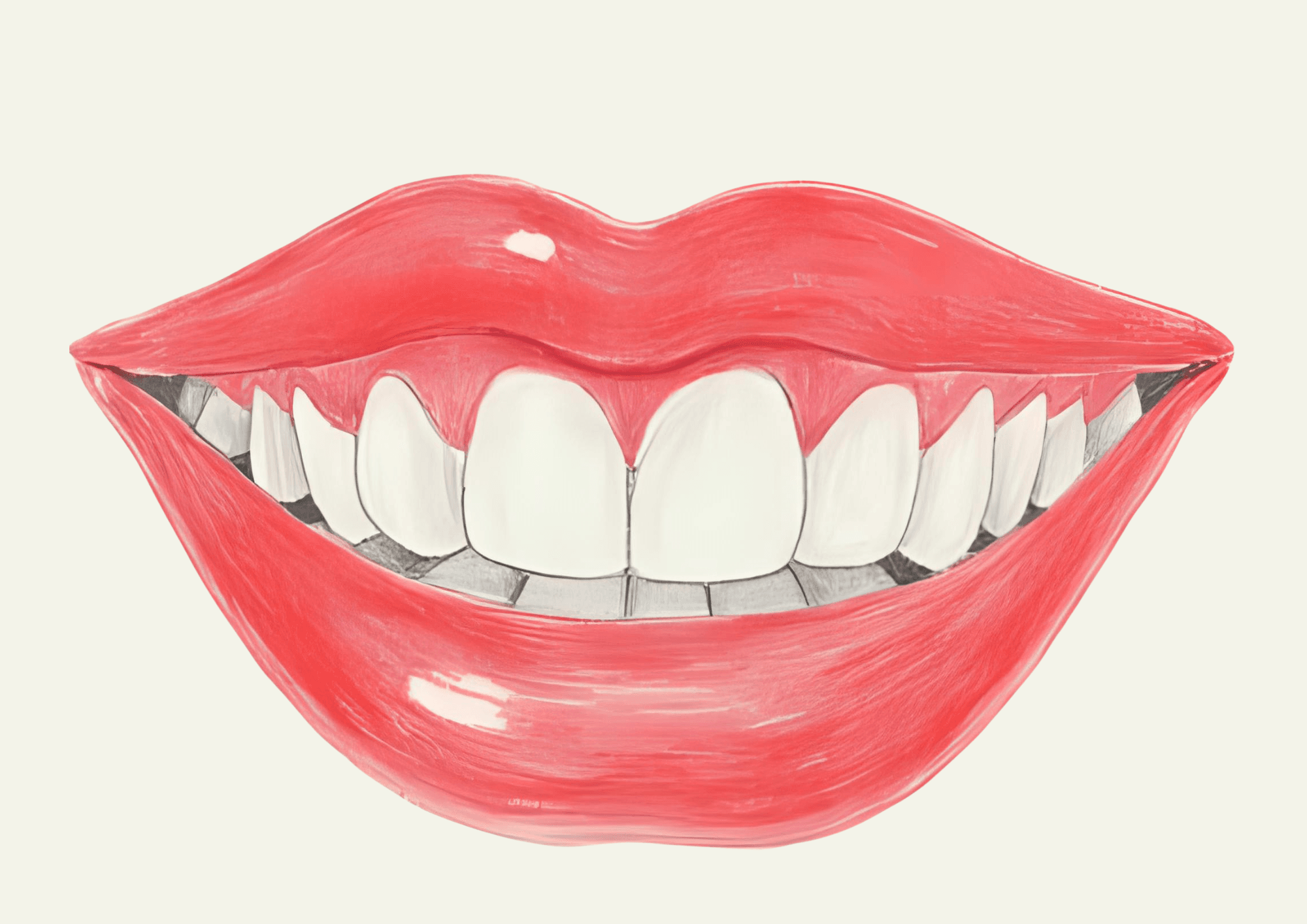28 Aug 2025
9 MIN READ
Smoking kills good bacteria - Fix your oral health
Your mouth has lots of bacteria, some of which are beneficial and others are not. Both create a balance to maintain your oral health.
Smoking is an addiction that attracts many youngsters and adults. The tobacco smoke enters your mouth and disrupts the good and bad bacteria.
The conversations about smoking revolve around the lungs and heart health. However, no one seems to talk about oral health. In fact, it is the first organ that is affected by smoking.
Your mouth may develop gum defects, plaque deposition, bad breath, and tooth decay due to smoking.
The good news is that one can recover from smoking addiction and reverse these effects. Our body can regain its original health, apart from irreversible damage. It needs early intervention, expert advice, and supportive technology.
The World Health Organization-recognized 182 countries adopted a framework to control tobacco use. A 2020 survey revealed that 23% of the global population indulges in smoking. Out of them, 37% are men and 8% are women.
How does smoking disturb the oral environment?
Several toxins in tobacco or nicotine directly impact oral hygiene. These toxins can impact the microorganisms in the mouth. They deprive oral cells of oxygen, causing infections.
The good oral bacteria protect teeth, gums, the food & wind pipe, and the digestive system. Smoking contains nicotine, tar, and carbon monoxide that harm you internally.
Smoking disturbs oral health by:
Killing beneficial bacteria
-
Streptococcus, Actinomyces, and Fusobacterium maintain teeth and gum health.
-
Streptococcus mutans, Treponema denticola, and Porphyromonas gingivalis take shelter between your teeth and gumline, developing inflammation.
Weakening immunity
-
Nicotine prevents the natural defenses of the body, increasing oral infections.
-
Blood vessels flowing to the mouth contract, minimizing the nutrients and hydration from the gums, teeth, and tongue.
Drying the mouth
-
Smoking lowers the saliva production in the mouth, drying the oral environment.
-
A dry mouth develops plaques, which surround the gums and create bad breath.
Developing risks of oral cancer
-
Tobacco contains cancer-causing chemicals that cause DNA mutations in the oral cells.
-
Gradually, the person develops oral, throat, or lung cancer.
Staining the teeth
-
Tobacco wears away the tooth enamel, the hard covering on the tooth.
-
The soft layer, dentin, comes in contact with the chemicals, causing a yellowness to the teeth. This yellowish tint often affects the gums too.
Smoker’s palate
Smoking can cause a benign (permanent) condition of a smoker’s keratosis or smoker’s palate. The roof of the mouth, gums, and tongue show red blisters with white or gray patches.
These oral bumps do not cause any discomfort. Sometimes, they can cause pricking pain or numbness.
They go away after a few days, as a person quits smoking.
Common cancers caused by smoking
Smoking impacts your mouth and the entire body, causing:
-
Lung cancer
-
Kidney cancer
-
Skin cancer
-
Pancreatic cancer
-
Urinary bladder cancer
-
Liver cancer
The timeline of healing
When you quit smoking, your body starts working on the affected organs. Some symptoms remain, creating discomfort. With time, they vanish. The timeline of healing follows these steps:
After 2 days
-
Oxygen flow and blood circulation improve with the expansion of blood vessels.
-
The feeling of taste and smell slowly returns to normal.
After 1 week
- Gum inflammation reduces, and bad bacteria start to decline.
After 1 month
-
The oral microbiome gets balanced.
-
Saliva increases, washing away the toxins.
After 6 months
-
The risk of gum infections and tooth damage decreases.
-
Oral health returns to normal.
After 5 years
-
Oral health resembles that of a non-smoker.
-
Gum issues go away.
-
The risk of mouth, throat, or lung cancer is minimized.
The healing period depends on the person’s will and courage to stay away from smoking.
What do doctors suggest for smoking recovery?
Doctors follow a safe and secure way of quitting smoking. Counseling and willpower help to recover. The quit-smoking medicines include:
-
Nicotine replacement medications
-
Nicotine patch
-
Nicotine lozenges
-
Oral inhalers like Nicotrol
-
Nicotine nasal spray
-
Medications like Varenicline
Other methods include:
-
Deep cleaning under professional care, such as fluoride treatments, enamel regeneration, regular scaling, or polishing the teeth to clear plaque.
-
Probiotic therapies restore beneficial oral bacteria and reduce gum inflammation.
-
Proper nutrition helps to regain the needed nutrients for oral health. Vitamin C or E, and fatty acids like omega-3 bring back oral immunity.
Smoking effects last for a long time
Smoking decreases the body’s regular metabolism, immunity, and oral structure. The long-lasting smoking effects include:
-
Oral health damage
-
Teeth distortion
-
Weak oral immunity
Advancements in oral recovery
Several technologies have been developed to regain oral health. The technologies include:
-
Gum regeneration methods, like gum grafting or tissue-stimulating proteins
-
Good bacteria restoration therapies, like probiotic oral supplements
-
Laser therapies like teeth whitening or gum disease treatment
-
Quitting smoking with Behavioral interventions
-
Nanotechnology to merge dental implants with the jawbone
-
AI-based quit-smoking tools like QuitBot
How to sidetrack smoking
Smoking damages your oral health, extending to the heart, lungs, brain, stomach, and colon.
Replace the habit with a hobby to benefit yourself. The ways are:
-
Overcome cravings for a smoke.
-
Hydrate yourself and chew gum as smoking alternatives.
-
Go for therapies or expert consultations.
-
Use applications like SmokeFree or QuitGenius to limit your smoking.
-
Nicotine-replacement strategies work well.
A case study on smoking
A 2021 study was done on 230,000 Australian smokers. It yielded clear results to point out how quitting smoking benefits, which include:
-
1% of non-smokers had lung cancer by the age of 80.
-
The chances rise by 15% for smokers.
-
5 cigarettes daily may cause 8% of lung cancer.
-
35 cigarettes daily raises the chances of lung cancer by 27%.
Your mouth can heal - it needs time
Once you determine, your efforts will respond. Smoking is a habit. You must quit it for your health and your loved ones. You need an expert’s advice, proper medications, and lifestyle adjustments. Your oral care is in your hands. Have you or anyone around you quit smoking? Which strategies helped the most during recovery?



